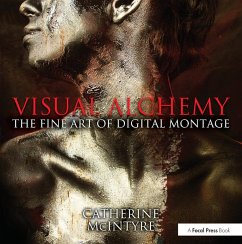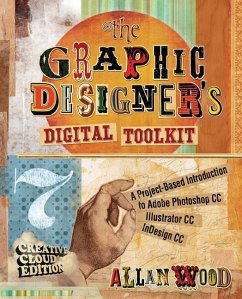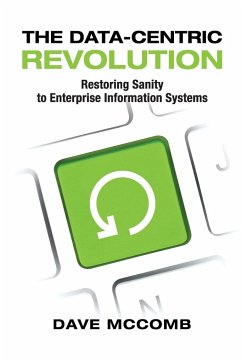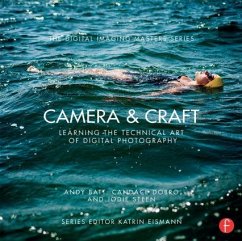Nicht lieferbar

Research Methods for Creating and Curating Data in the Digital Humanities
Versandkostenfrei!
Nicht lieferbar
The first volume to focus on digitising and curating data online as research methods for Digital Humanities As all scholars increasingly use digital tools to support their research, and every internet user becomes increasingly used to data being available, elucidating and engaging with the creative aspects of Digital Humanities work is of increasing importance. This volume explores the practice of making new tools, new images, new collections and new artworks in an academic environment, detailing who needs to be involved and what their roles might be, and how they come together to produce know...
The first volume to focus on digitising and curating data online as research methods for Digital Humanities As all scholars increasingly use digital tools to support their research, and every internet user becomes increasingly used to data being available, elucidating and engaging with the creative aspects of Digital Humanities work is of increasing importance. This volume explores the practice of making new tools, new images, new collections and new artworks in an academic environment, detailing who needs to be involved and what their roles might be, and how they come together to produce knowledge as a collective. The chapters presented here demonstrate that creation is never neutral with political and theoretical concerns intentionally or unavoidably always being written into the fabric of what is being made, even if that is the seeming neatness of computer code. In presenting their own creative research, the writers in this volume offer examples of practice that will be of use to anyone interested in learning more about contemporary Digital Humanities scholarship and its implications. Matt Hayler is a Lecturer in post-1980s Literature at the University of Birmingham specialising in Digital and Cyberculture Studies, specifically (post)phenomenology and Cognitive Science influenced approaches to e-reading and to technology more broadly. His recent publications include Challenging the Phenomena of Technology (2015). Gabriele Griffin is Chair in Gender Research at Uppsala University, Sweden. She has a long-standing research interest in research methods for the Humanities, and in women's cultural production. Her recent publications include The Emotional Politics of Research Collaboration (co-ed., 2013). Cover design: riverdesign.co.uk EUP logo edinburghuniversitypress.com [please note new web address] ISBN [cover] 978-1-4744-0965-0 ISBN [PPC] 978-1-4744-0964-3 barcode













